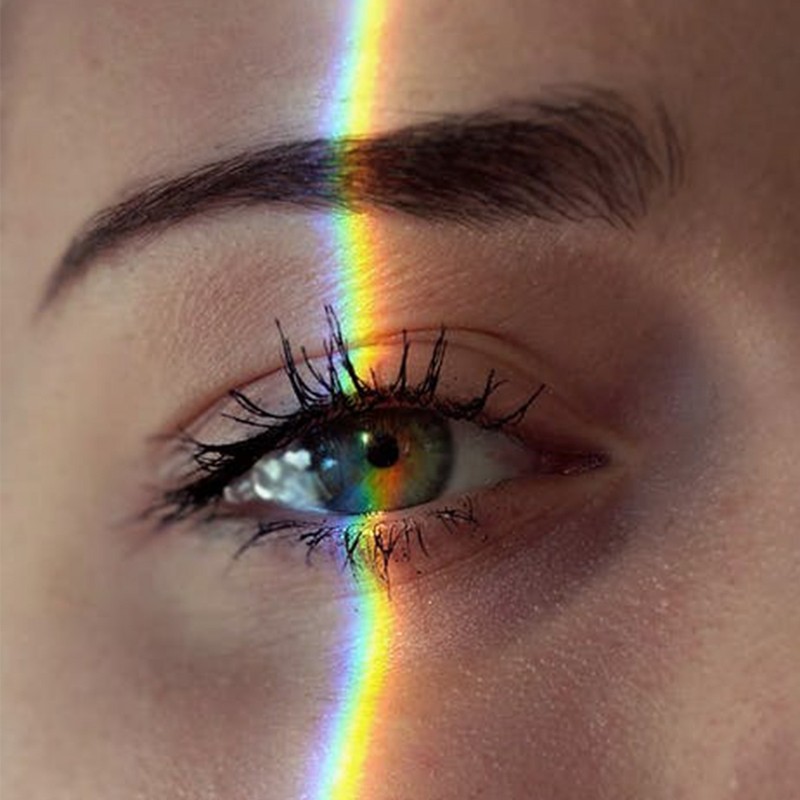
How To Ease Screen-Induced Eye Strain
First – how much does looking at screens take its toll on your eyes?
“Screens are the new sugar. In moderation, they’re fine, but we’re now spending at least six hours per day on screens, and over the various lockdowns screen time has increased by an average of 187%, which in turn has taken its toll on eye health. When you look at a screen, you blink six to eight times less, which is one of the primary reasons behind the dry eye epidemic. Blinks are like little sips of water for your eyes, so without them, it’s easy to see why your eyes can feel quite literally parched by the end of the day. The other effect of screen time is an increase in myopia (becoming more short-sighted) – we are especially seeing this rise among children and teenagers who have spent lockdowns doing online schooling. Studies also suggest the blue light emitted by devices is also contributing to eye strain.” – Nicola Alexandra-Cross, optometrist and co-founder of Peep Club
Does the size of your screen make a difference?
“Yes – the smaller your screen, the smaller the print, which can cause eye strain. But even more important than the size of the screen is how close that screen is to your eyes. Try to keep any screen at least an elbow’s length away from you. The bigger the screen, the further away it should be – laptops and computers should be at least an arm’s length away. Room brightness is also something to consider. A good rule of thumb is to always match the brightness of your screen to the brightness of the room (so scrolling first thing in the morning before you turn on the lights is a big no-no). Sitting in a room with good natural light, or good overhead lighting, is also great for reducing eye strain.” – Nicola
What other lifestyle factors contribute to dry, strained eyes?
“As well as increased screen time, wearing contact lenses can also cause dry eyes. Other factors include hormonal changes – this includes taking the pill, antidepressants, acne medication and HRT – as well as air conditioning, using a hairdryer and smoking. A lack of sleep and allergies can also aggravate already dry eyes.” – Nicola
What are the signs your eyes could do with some TLC?
“Symptoms are varied, but most people experience a scratchy, gritty feeling that they just can’t shift, redness and puffiness, fatigued eyes that don’t want to open, even when they’ve had enough sleep, blurred vision, sensitivity to bright light and sometimes excessive watering. More severe symptoms can include photophobia (light intolerance), eye pain and deterioration in vision.” – Dr Andy Hepworth, leading optical specialist from Essilor
Here, Nicola explains the steps to take during the day and outside of working hours to ease both dry and strained eyes…
ASSESS YOUR WORK SET-UP: “Make sure you are sitting away from any fans, heaters, or air conditioning units. If you have a humidifier to hand, keep it near your desk when working from home.”
TAKE A BREAK: “Follow the 20-20-20-20 rule – every 20 minutes take a 20-second break to look 20 feet into the distance and blink 20 times.”
DRINK UP: “Ease back on the caffeine and increase your water intake. Staying hydrated is key for optimal eye health and anecdotally can help hugely in relieving symptoms of dry eyes.”
EAT MORE OMEGAS: “Adding anti-inflammatory foods into the diet, as well as omega-3s (think fatty fish as well as supplements), can support your body’s ability to produce good-quality tears. It could also be worth taking an eye-specific supplement – look for one that contains both lutein and zeaxanthin, two superstar antioxidants proven to slow down the progression of sight-threatening eye disease.”
KEEP YOUR EYES CLEAN: “It may not sound glamorous but make a concerted effort to clean your eyelids in the evening. Establish a routine that begins with cleansing your eye area to get rid of bacteria, and avoid eye make-up removers that use fragrance, alcohol or preservatives, or find ones that contain the safest ocular preservative, EDTA.”
THINK ABOUT YOUR BEAUTY REGIME: “If you use a retinol-based eye cream, avoid using it near your lower or upper lids. Keep it at least 1cm from your lower lash line otherwise it could cause your meibomian glands (the glands that make up the oily layer of your tear film) to degenerate. Also avoid loose powders in your make-up that can fall into your eyes.”
If you already wear glasses, should you consider getting computer-specific glasses?
“Yes – there have been significant advancements in lens technology, which can help support your eyes from dryness and strain. If you’re using a screen for a prolonged period of time, consider using Eyezen lenses, which are specialist computer lenses designed to reduce visual fatigue. Wearing these lenses can support your eyes from overworking, especially when using digital devices. Eyezen lenses can be worn even if you don’t need a prescription. Different wave-lengths of light, such as ultraviolet and blue-violet light, can also cause premature eye ageing, and these lenses will also filter these rays.” – Andy
When it comes to products, what really works?
“When it comes to anything that’s directly in contact with your eyes, it’s important to avoid irritants like fragrance, alcohol and preservatives. Remember that closed eyes are not 100% sealed, so anything you apply near your eyes or eyelashes may also seep through to your eyes. Preservatives are fine to use in skincare but have been proven time and again to irritate and dry the cornea (the front window of your eye) when used on a daily basis. Using a hot compress can help relieve dry and tired eyes. One major cause of dry eyes is that the tiny glands in your eyelids get blocked – a hot compress, like Peep Club’s Heated Eye Wand, can relieve this blockage and go a long way towards restoring the natural balance of your eyes. When it comes to mists and drops, gentle is always better.” – Nicola
If you don’t take precautions now, what could happen in the long run?
“Never ignore symptoms of dry or strained eyes. It’s far easier to deal with symptoms that are mild before they become more complex and are trickier to treat. A regular eye exam – ideally every one to two years – is the best thing you can do for your overall eye health. It’s also a good idea to stick to the same optometrist if you can; they’ll have your whole history and a record of notes from previous visits, making it easier for them to spot anything unusual.” – Nicola
For more information visit PeepClub.co.uk and Essilor.co.uk
Shop these expert approved products...
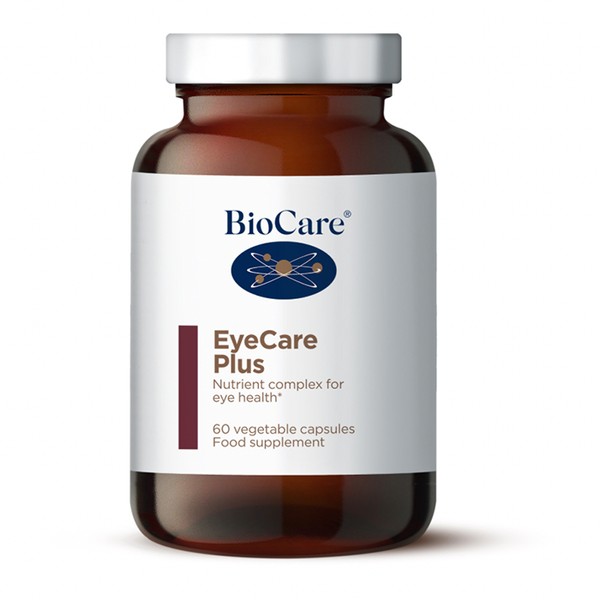
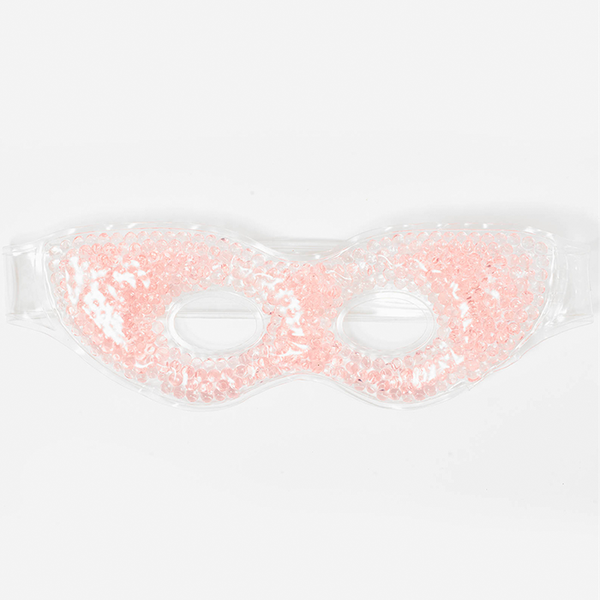
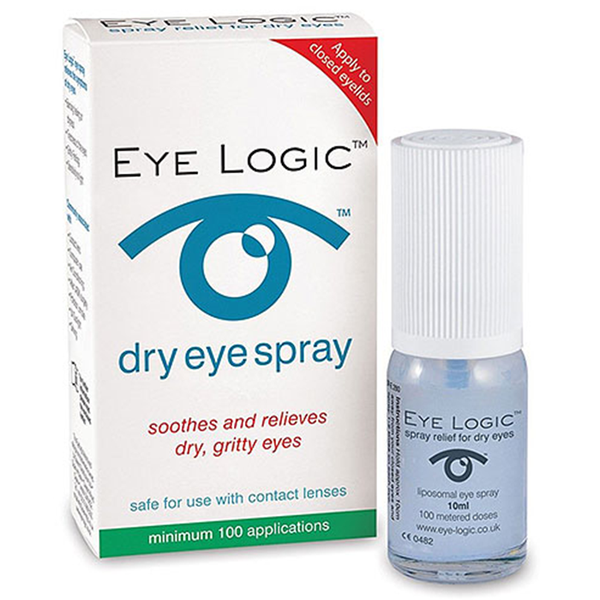
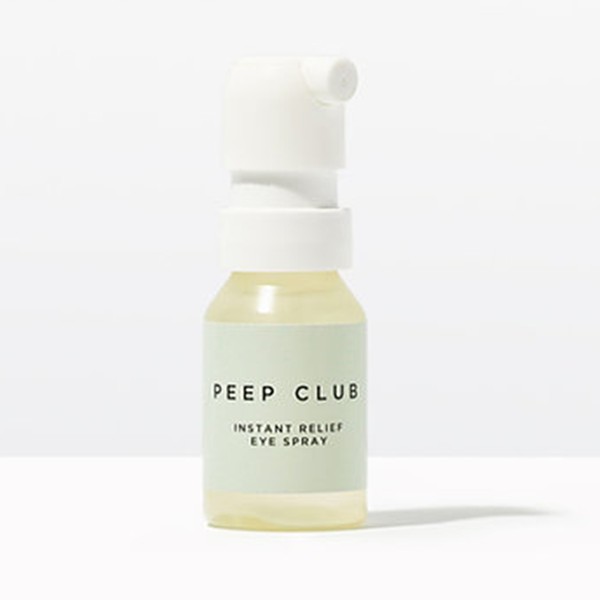
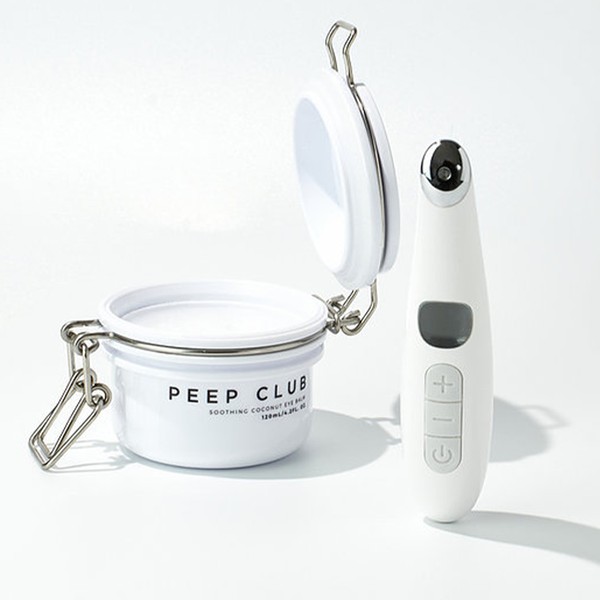
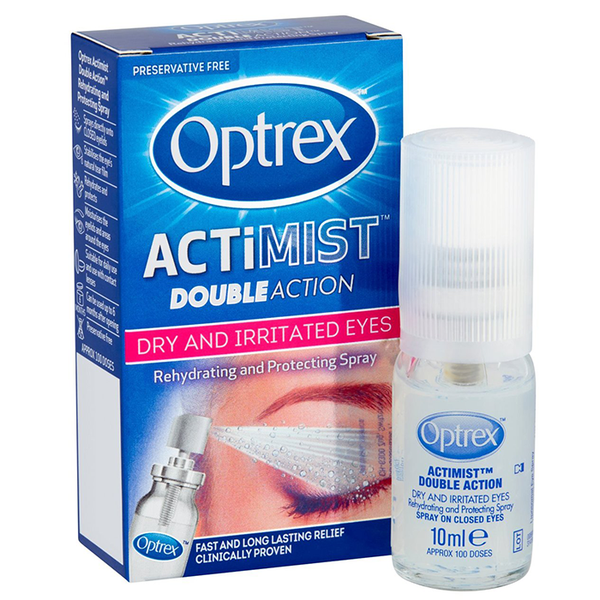
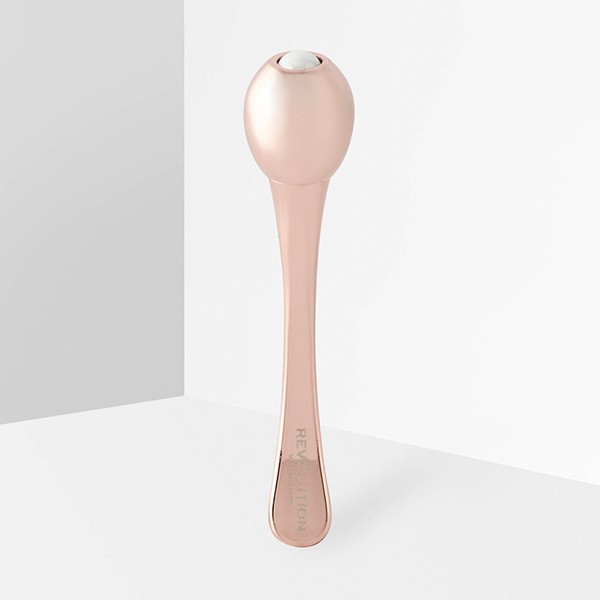
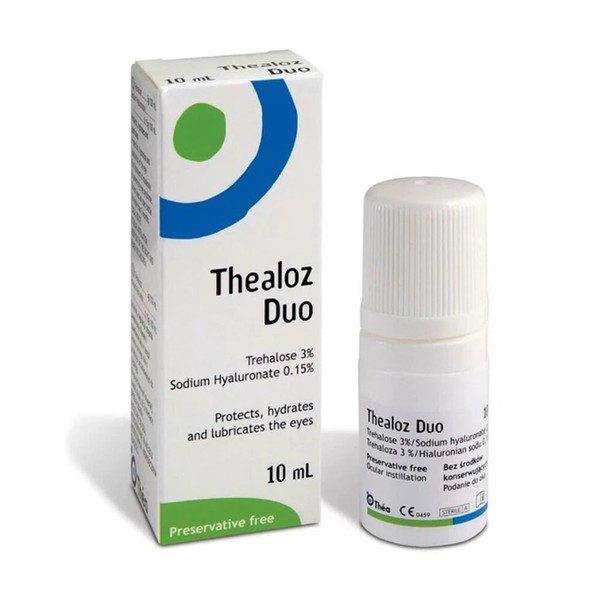
DISCLAIMER: Features published by SheerLuxe are not intended to treat, diagnose, cure or prevent any disease. Always seek the advice of your GP or another qualified healthcare provider for any questions you have regarding a medical condition, and before undertaking any diet, exercise or other health-related programme.
DISCLAIMER: We endeavour to always credit the correct original source of every image we use. If you think a credit may be incorrect, please contact us at info@sheerluxe.com.

